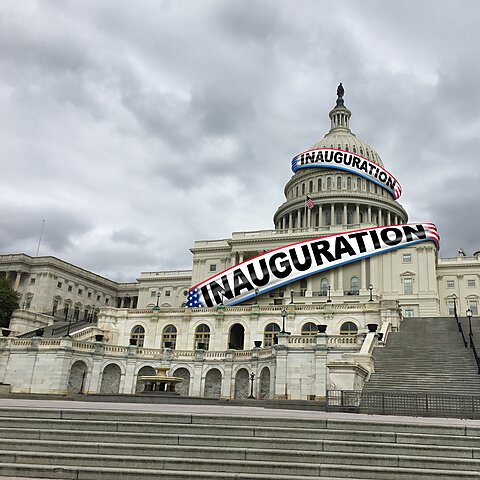
Eradicating Consideration of Race in Technology, AI Innovation, and Beyond: An Agenda for Policymakers
This blog is part of a series on technology innovation and free expression.
In all likelihood, President-elect Trump will repeal Biden’s Executive Orders (EOs) on racial justice (EOs 13985, 13988, 14020, 14021, 14031, 14035, and 14091.) Although repealing these EOs is a large step toward reinstating values once thought concomitant with American culture (equality, freedom of speech, and individuality, to name a few), doing so may not be enough.
An EO comparable to Trump’s “anti-woke” EO 13950, which prohibits federal contractors from providing “divisive” workplace diversity training and programs, may not be enough. Even if illiberal modes of anti-racism are mitigated in some circumstances, their systemic presence may still pose a problem.
Some scholars and activists adopt a “Theory of Racelessness,” which I believe the Trump administration should consider. The definitive book on this is Dr. Sheena Mason’s Theory of Racelessness: A Case for Antirace(ism). “Racelessness,” according to Mason, is a skeptical eliminativist disposition toward race. This just means that people who abide by the theory of racelessness neither believe race is real nor think we should be racializing people at all. Basically, racism will go away if race goes away.
Of course, most anti-racists take issue with racelessness, especially those steeped in the diversity, equity, and inclusion (DEI) industry, but their reasons are decidedly illiberal. For them, colorblindness, a concept simply denoting the belief that race need not be considered when evaluating someone, is not a virtue but a vice; it promotes ignoring race and racism. For this reason, the immutable characteristic of race, not merit, achievement, and virtue, is the primary factor in determining one’s character.
Also, DEI is a multibillion-dollar industry. Eradicating race, then, would not be in the best financial interests of DEI professionals. One can conclude that DEI professionals do not want to get beyond race and racism.
Modern technology is not immune from the pressures of these opposing visions of race. For example, artificial intelligence (AI) soaks up the racism displayed in popular culture and social media: AI algorithms have resulted in linguistic racism, racial disparities in health care, aesthetic discrimination, and the misrecognition of black people as people. While humans should consider jettisoning the concept of race, private companies are allowed to address racism in their products in the ways they see fit.
However, through the regulation of technology companies and the government’s purchase of countless technological products and services, the government should adopt a policy of racelessness. Of course, ending affirmative action in the federal government and other preferential programs would also be a necessary preliminary step to racelessness. Elimination of DEI initiatives within the government would strike a formidable blow to the concepts of race and racism while removing censorious and innovation-crippling impacts on technology.
The federal government, through both executive and legislative branches, should do the following:
As an initial step, entertain the End Racism in Government Contracting Act proposed by Rep. Glenn Grothman (R‑WI), Rep. Anna Paulina Luna (R‑FL), and Sen. Mike Lee (R‑UT), which would eliminate quotas and mandates based on racial identity, rescind any rules or regulations for giving preference to contractors based on racial identity, and prevent federal agencies from reinstating similar rules and regulations in the future.
Look into the Theory of Racelessness and consider its efficacy in dealing with race and racism.
Cut funding for DEI initiatives. Anti-racism is a multibillion-dollar industry; much money can be saved or redistributed to more sensible causes if we no longer contract DEI professionals.
Reduce funding to the Office of Civil Rights and the Equal Employment Opportunity Commission.
Maintain the Civil Rights Act but clean up vague language—especially in Title VI, VII, and IX—that implies the need for quota systems and the policing of language.
Remove all language requiring racial and ethnic prejudice when hiring or appointing for positions in the federal government, including civilian contracting.






















